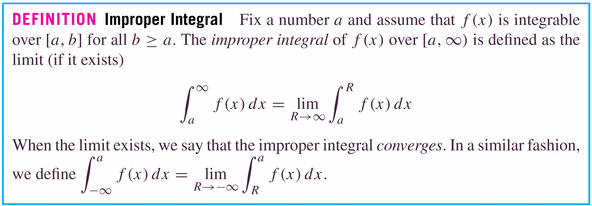- I've finished grading the exam.
Some conclusions:
- Mean: 54.75
- SD: 20.45
- Range: teens-95
- The distribution:
90+ X 80+ X 70+ XXXX 60+ XXXXXX 50+ XXXX 40+ XXXX 30+ XX 20+ XX 10+ XX - In too many cases, fundamentals are lacking:
- distributivity (algebra)
- The Pythagorean Theorem
- derivative rule violations:
- product rule
- quotient rule
- first derivative test
- second derivative test
- limit of a difference is the difference of the limits
- Linearizations are
- linear functions(!) -- of the form ax+b
- tangent lines
- Definitions/vocabulary:
- roots
- linear function
- extrema
- Graphing:
- Learn to graph with your calculator! I couldn't believe all the trouble in graphing on problem 2: I'd given you f: it should be automatic. I was just looking for you to fine-tune your graph (e.g. make sure that you have the extrema in the right places, roots, etc.).
- Think about the domain, even if you're not asked for it.
- Don't forget to capture slopes. I especially missed seeing the negative infinite slope as x approaches 0 from the right.
- Some of you drew an inverse "function" in 1.d which wasn't really a function -- it failed the VLT. Careful!
- Don't drop dt, dx, etc., in integrals -- it's important. It's easy to do, but don't do it.
- You need to know when to construct an integral
(last problem).
If you know how to integrate, but not when to integrate, of what value is your knowledge?
Best case scenario: you know when to integrate and how to construct the integral!
- We're having unit issues. Units are important, and they'll occasionally help us to get the right answer. They'll also help us to know when we're wrong.
- How come so many couldn't use Newton's method? You knew it would be on the test. You could have had it all set up in your calculators....
- Tips:
- Don't approximate in internal calculations.
- Don't use an approximation (e.g. 1.571) when you've got it exact: pi/2.
- Get your calculator all set up in advance of the test. I'm expecting that you should be able to graph, solve, etc. quickly in many cases.
- We've got to hit those basic concepts hard. You have to
have some basic, working tools to do calculus (by which I mean
solve real problems using the tools -- not memorizing and
specializing in the tools themselves).
If I were teaching a class in carpentry, and all we ever did was learn how to saw, and how to hammer, and how to plane -- but we never actually built anything -- I'd be ashamed. My intention is to teach you calculus by treating real calculus problems with real calculus tools.
- I don't know the curve yet. But I do know that if you'll
come and see me I'll give you back 20% of your lost points.
And if you have special concerns, you should come see me, and soon.
- That being said, I'm running off to a conference this afternoon, and will be missing today's office hour. Sorry about that!
- Section 8.1 homework is due today - on-line and hand-in
components.
- In this section we deal with integrals of two sorts: those whose limits of integration are infinite, and those with vertical asymptotes.
- Definition concerning the first type:
Here's an important example:


- The following figure illustrates the first type, and also the
second:

The integral exists over
But what can we say about the integral over (0,2]?

- There's a general rule for powers (it's easy to take the limits
and check):

Let's check in this case:

The case of p=1 is interesting, and we can use symmetry to see that it is so.
- There's a third component of this section which is interesting:
the idea of using bounding to deduce whether an integral
diverges or converges. For example, we can use comparison to
show that, in fact,

This one has infinite limits on both ends -- how do we handle that?
- We could use symmetry, of course; but more generally,
How would we use comparison? We find a function which is everywhere greater than the function but which has finite area. Can you think of a good candidate?

- We could use symmetry, of course; but more generally,
- Examples:
- #15, p. 464
- #12, p. 464
- #45, p. 465
- #98, p. 467 (see note preceeding exercise #96)